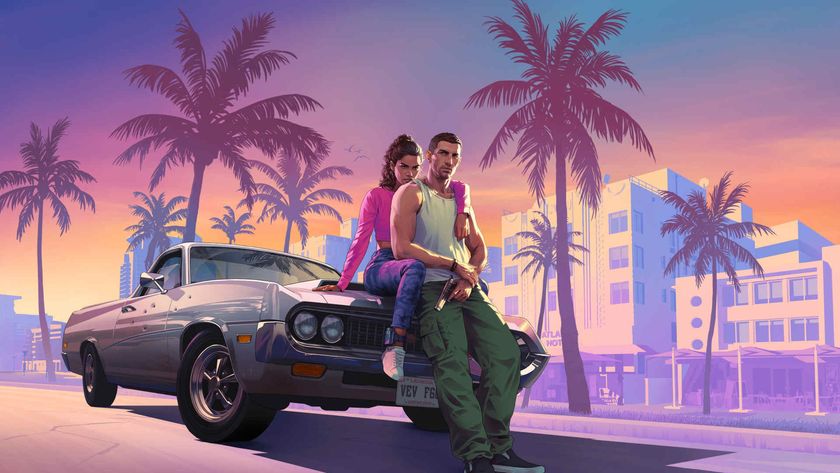When listening to fans didnt pay off

The customer is always right
Like comic books and science fiction, video games attract some of the most devoted fans in all the world. Often that commitment to a series is endearing and can be the start of mainstream success; Call of Duty wouldnt be as big as it is without hardcore fans passing it along to their friends. But just because a publisher has diehard fans doesnt mean companies should always listen to them.
Believe it or not, but not every commentor and forum posters knows whats best for a corporations continued existence. Were not saying that game publishers should ignore their biggest fans, but gaming history is littered with examples of failures that stem from gamers getting exactly what they want. The following examples all sounded like foolproof plans, but either thanks to the publishers mistakes or fan apathy, these games ended up as warnings to any other publisher that listens to its most vocal fans.
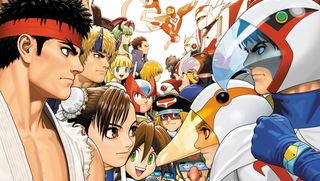
Tatsunoko Vs. Capcom
Itd been years since Capcom fans had played a new entry in the companys over-the-top versus franchise, so the Japan-only launch of Tatsunoko Vs. Capcom was undeniably intriguing. The Wii/Arcade release crossed over Capcoms characters with natively famous anime icons from Tatsunoko. It got high praise from importers and fighting game lovers, but in the US, Capcom downplayed the game, likely because of the huge hassle it would be to localize. Months later, much to everyones surprise, Capcom announced the game would get an international release afterall.
Capcom not only had to do a lot of new development for the US version of the Wii title, but the company also had to deal individually with all the third party licensors that had licensed the dozens of Tatsunoko characters. But thanks to fan interest, Capcom worked hard to cut through the red tape and launch the Wii fighting game. Ultimately, Capcom was not disatisfied with the sales, which isnt the strongest endorsement weve ever heard. Perhaps the obscure Tatsunoko characters are to blame, or the casual majority of Wii owners, but the crossover game never got the sales that reflected initial fan interest in the game.
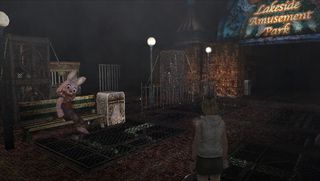
Silent Hill HD
The Silent Hill games have been searching for an identity ever since the original team of developers was dismissed by Konami following Silent Hill 4. There were a number of western developed entries in the series of varying quality, but none of them were all that well received by longtime fans. The hardcore Silent Hill lovers had been hoping for years that Konami would jump on the HD remake bandwagon, but when Silent Hill 2 and 3 ultimately appeared in high definition, devotees hated the rereleases.
Unlike some entries on this list, the problems cant be credited to unpleasable fans, as Konami really bungled the title at every possible juncture. Many fans rejected the producers attempting to replace the original voice work to get around paying the old actors, and in some cases the graphics looked far worse in the HD port over the originals. As one last attempt to get fans to turn away from the entire franchise, several game-ruining bugs were patched out of the PS3 release, but the 360 version remains broken thanks to Konami not wanting to pay to fix its game.

Sonic 4 Episode I
At this point were not sure theres any possible way to please all the Sonic fans of the world with one game. The fanbase is splintered between those that grew up with the 16-bit games, those that love Sonic Adventure for some reason, and the real weirdoes that memorize the Sonic comics from Archie. Sonic 4 was supposed to be the holy grail that would unite Sonic fans of all stripes, but it ended up pleasing very few.
Based on the name, youd think Sonic 4 was aimed at fans of the Genesis/Mega Drive games, but those gamers couldnt stand the use of the current 3D Sonic model in the game. Others were displeased with the floaty physics and episodic nature that looked more than a little greedy. By the time the much-delayed Episode 2 came out to finish the series with a whimper, Sonic Generations had done a better job of fulfilling fan wishes for classic Sonic action, making the second episode a redundant close to the failed fanservice.
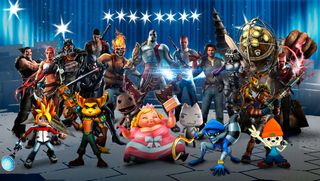
PlayStation All Stars Battle Royale
Nintendo has made millions by appealing to its hardest-core fans through the Smash Bros. series, and many had long wondered why no other platform holder had pulled together its mascots into one massive crossover. When Sony finally did it with PlayStation All Stars for PS3 and Vita, many expected massive success, but Sony fans ignored the title to the point that future DLC plans were cancelled and the developer was all but closed. How did this happen?
The title seemed cursed from the start when it was rumored months before what would have been a pretty cool reveal. The titles future reveals were continually undercut by unlucky leaks of many of the games cool third party characters, far more than Smash Bros. could boast. When the game finally launched, many praised its diverse roster, but felt All Stars gameplay was too similar to Smash Bros., only less fun. After All Stars poor showing and the near-closure of its developer, dont expect to see any other publishers jump on the Smash bandwagon anytime soon.
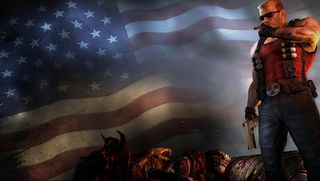
Duke Nukem Forever
Duke Nukem Forever was once the game thatd never be released, then it became the game that never should have been released. Duke was a charismatic star of hyper-violent, sophomoric first-person shooters in his day, but that day passed long ago while his fans waited more than a decade for Duke Nukem Forever. After Dukes studio closed, it seemed over for the crew-cutted one, but developer Gearbox dragged the game to the finish line, delivering Forever to a less-than-appreciative audience.
Instead of relaunching Duke in style, DNF felt like a relic from a bygone age thatd been hastily reassembled. Gearbox did their best to pull all the pieces back together, but the dated jokes, frat boy characterization, and objectifying women didnt connect with most gamers. If Gearbox plans to continue the Duke franchise, then they needed to get Forever out before the series could move on, but DNFs poor reception gave longtime fans the crummy Duke game they never wanted.
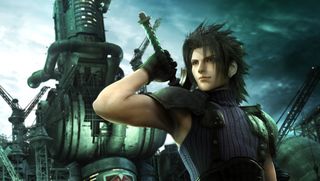
Compilation of Final Fantasy VII
Each Final Fantasy game has its contingent of fans, but none has garner the kind of global excitement that Final Fantasy VII got. It was the first FF game for an entire generation of gamers, and they wanted some follow-ups, despite developer Squares tradition of not making direct sequels. After Square became Square Enix sequels changed its stance on sequels announcing Compilation of Final Fantasy VII, which wasnt just one sequel, but four successors.
The problem? Not one was a full-fledged RPG sequel. There was the crummy shooter Dirge of Cerebus, the overwrought film sequel Advent Children, and the admittedly good prequel, Crisis Core. All of these felt like that half steps of what fans actually wanted, and theyre still waiting on an HD remake, let alone a Final Fantasy VII-2. In the end it all felt like a big tease for more content, a feeling that Final Fantasy fans are sadly accustomed to.

Careful what you wish for
Those are just six times where fans were upset with what they asked for, and if you can think of any others, we'd love to hear about it in the comments!
And if you're looking for more, check out 10 examples of fanservice that fans hated and our pick for games we onced loved that we now hate.

Henry Gilbert is a former 12DOVE Editor, having spent seven years at the site helping to navigate our readers through the PS3 and Xbox 360 generation. Henry is now following another passion of his besides video games, working as the producer and podcast cohost of the popular Talking Simpsons and What a Cartoon podcasts.
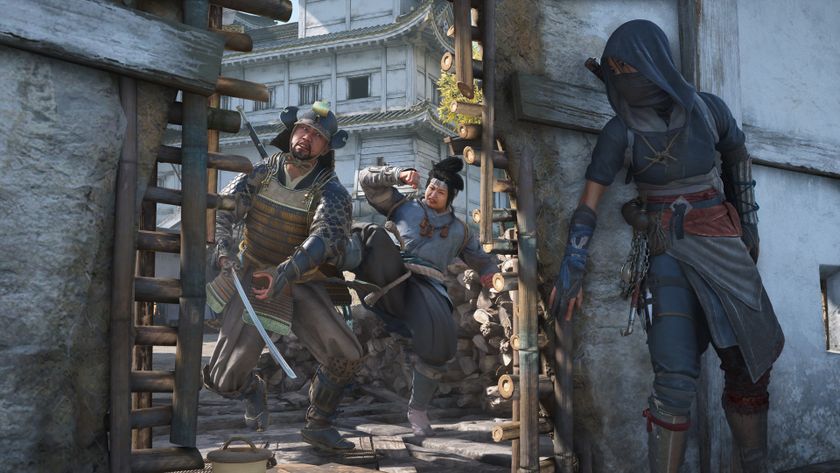
Assassin's Creed Shadows devs "actively looking at" an even harder difficulty mode for the RPG: "How challenging do you want it?"
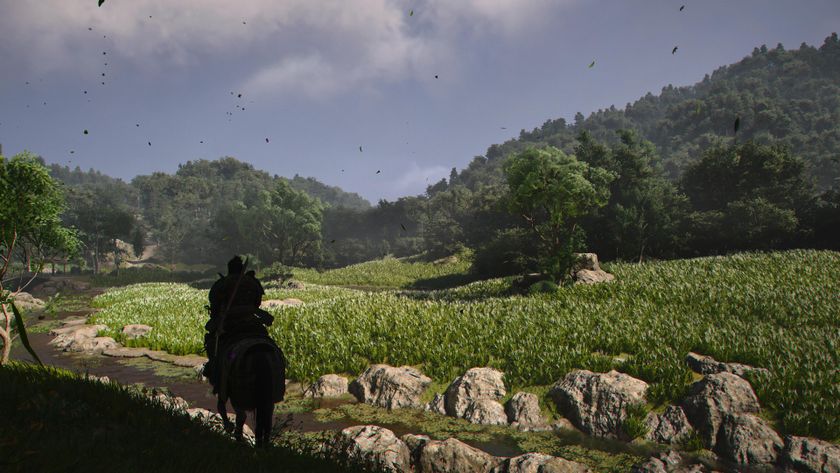
Assassin's Creed Shadows' delays were mostly used to polish the RPG, creative director confirms, not for deeper changes brought about by Star Wars Outlaws reaction

Assassin's Creed Shadows devs "actively looking at" an even harder difficulty mode for the RPG: "How challenging do you want it?"

Assassin's Creed Shadows' delays were mostly used to polish the RPG, creative director confirms, not for deeper changes brought about by Star Wars Outlaws reaction
